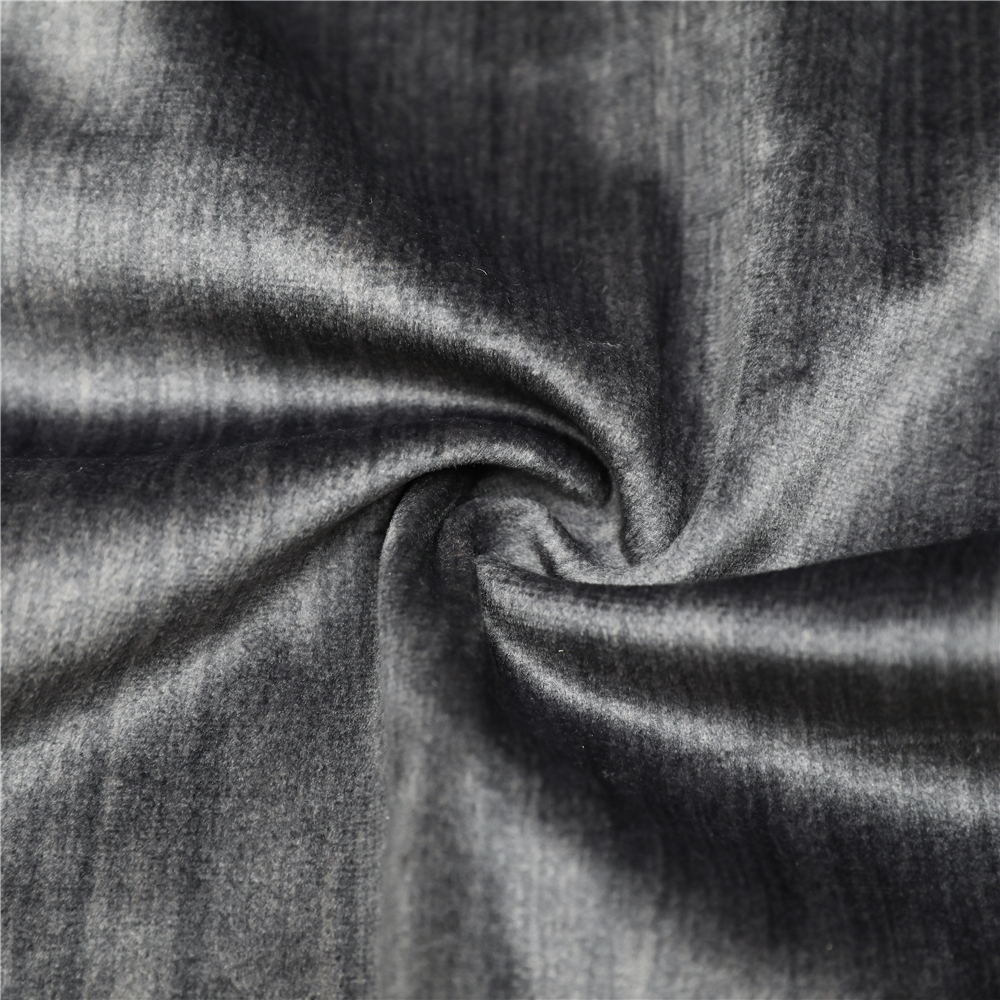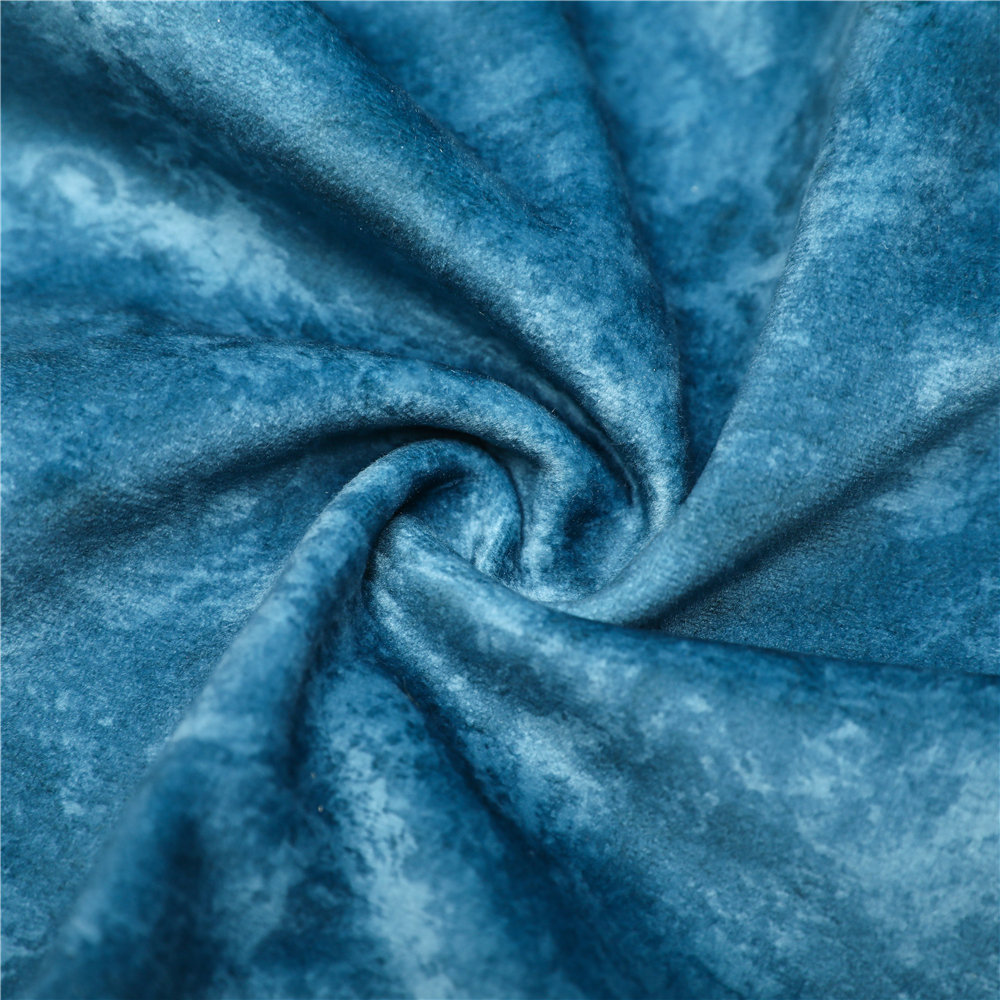
Inherent Properties: Polyester fibers themselves are hydrophobic, meaning they naturally repel water and are less likely to absorb liquids quickly. This property can make it more resistant to certain types of spills and stains.
Surface Treatment: Some polyester upholstery fabrics might come with surface treatments that enhance their stain resistance. These treatments can create a barrier that prevents liquids from penetrating the fabric immediately, giving you more time to clean up spills before they set in.
Ease of Cleaning: Polyester is often easier to clean than some other fabrics due to its resistance to moisture. Many spills can be blotted or wiped away without leaving a permanent mark.
Stain Types: Polyester is generally better at repelling water-based stains, such as juice or coffee, than oil-based stains like grease. However, it may not be entirely immune to all types of stains.
Long-Term Performance: While polyester can resist immediate staining, it's important to note that repeated exposure to spills and stains, especially if not promptly cleaned, can potentially affect the fabric's appearance and longevity over time.
Stain-Resistant Products: There are stain-repellent and fabric protectant products available on the market that can be applied to polyester upholstery fabric to enhance its stain resistance even further.
It's essential to remember that while polyester upholstery fabric might have some level of stain resistance, no fabric is completely immune to all types of stains. Promptly attending to spills and stains by blotting and cleaning them as quickly as possible is still recommended to maintain the fabric's appearance and longevity. Always check the care and cleaning instructions provided by the fabric manufacturer to ensure you're using the appropriate methods and products for your specific polyester upholstery fabric.

 英语
英语 中文简体
中文简体

















